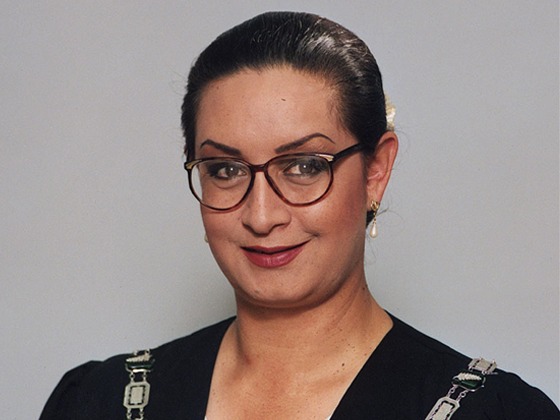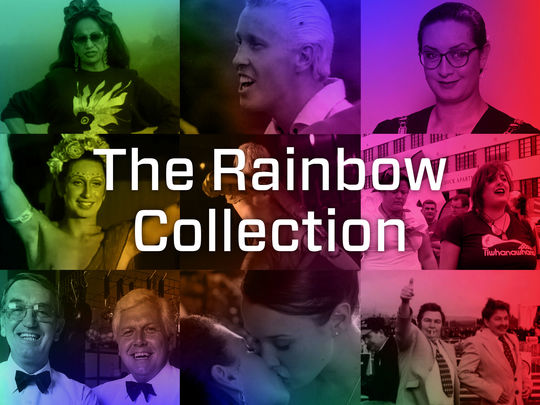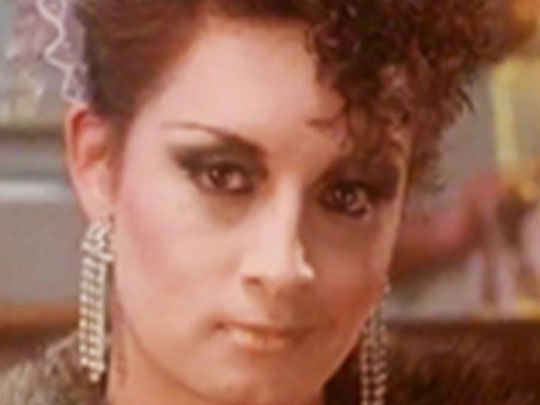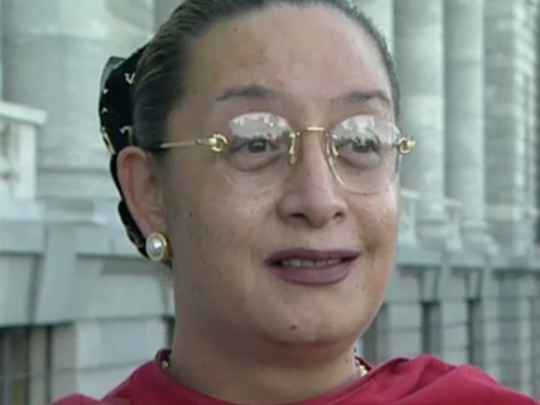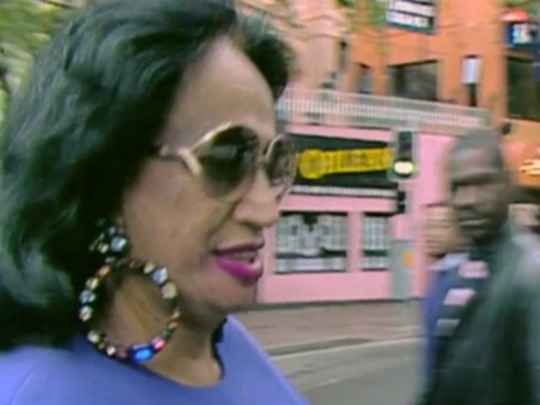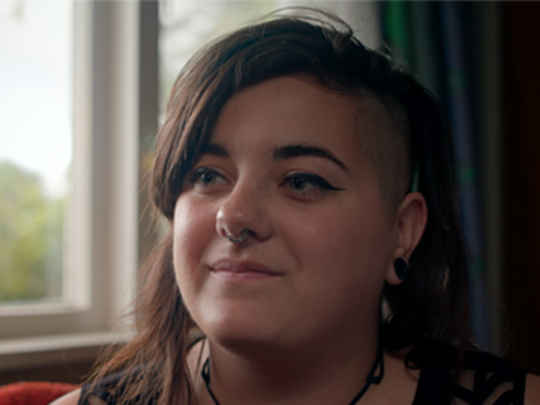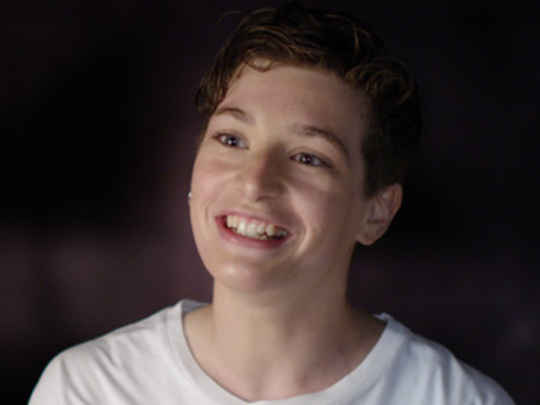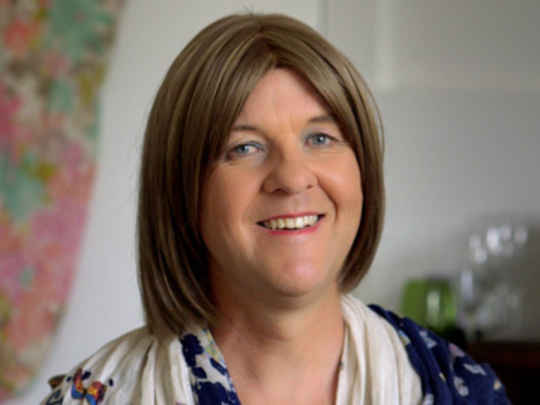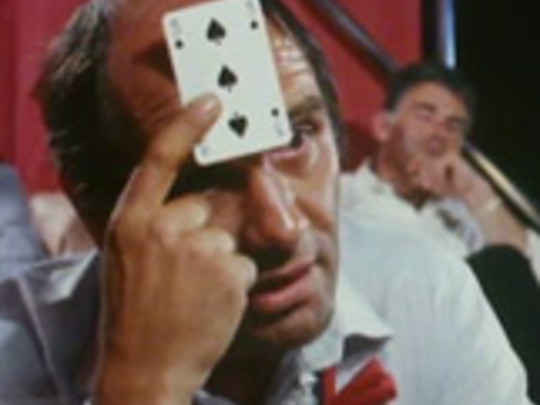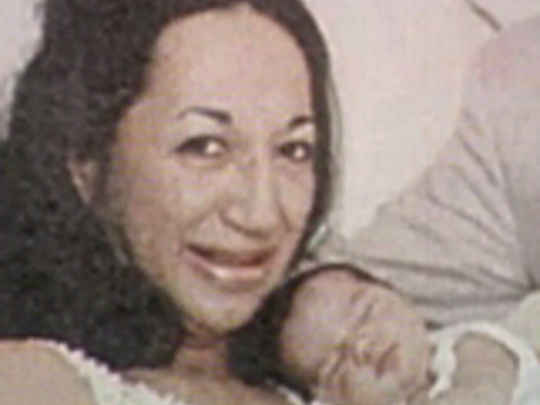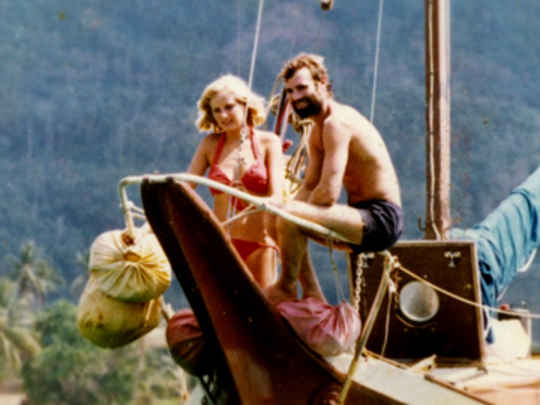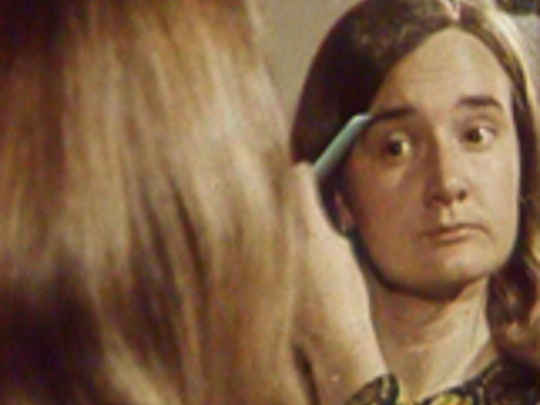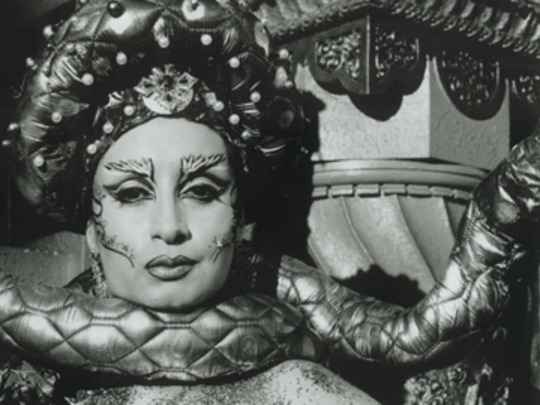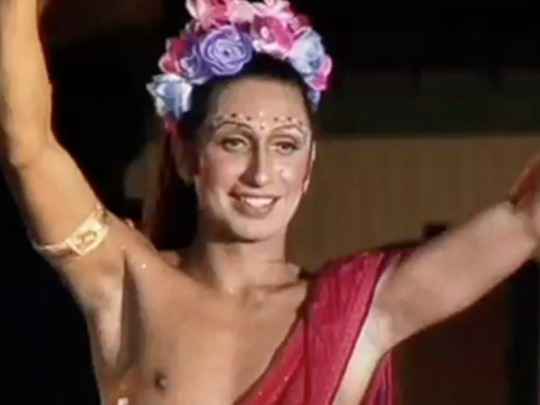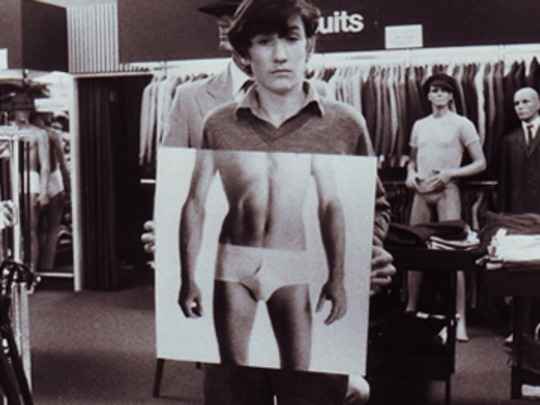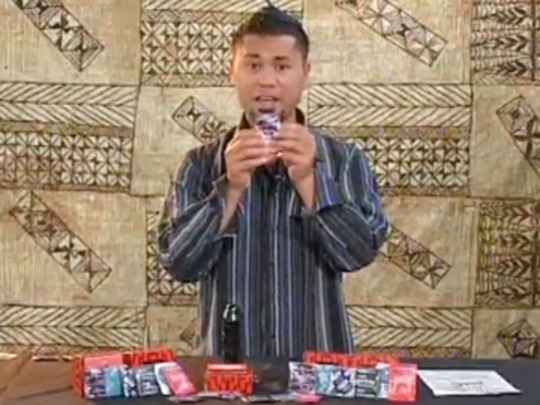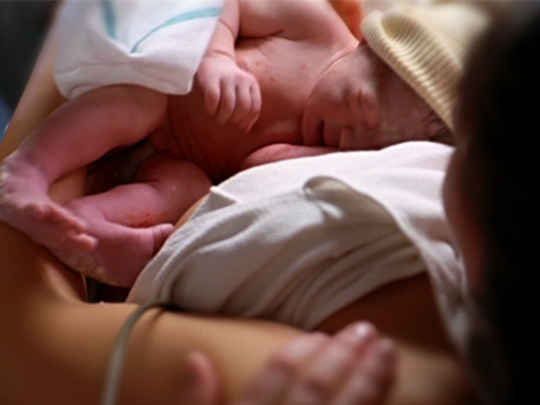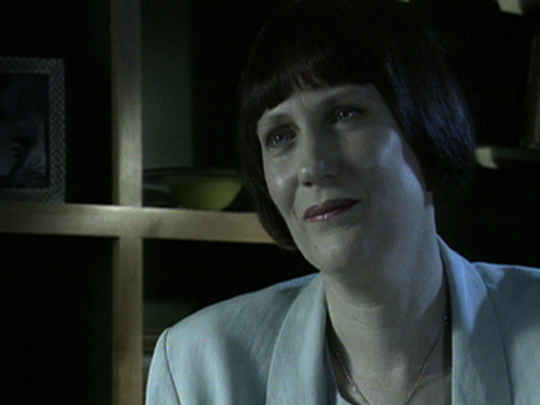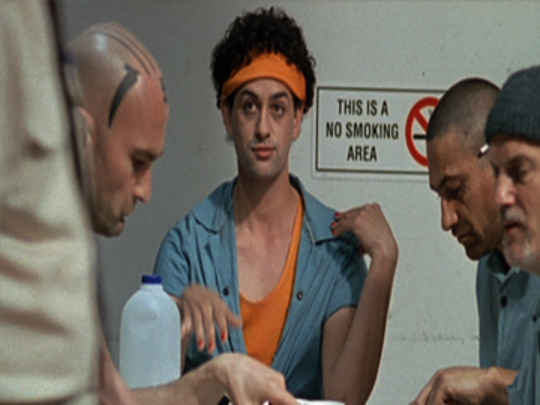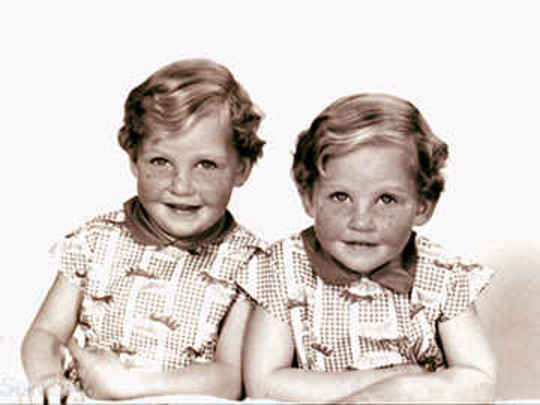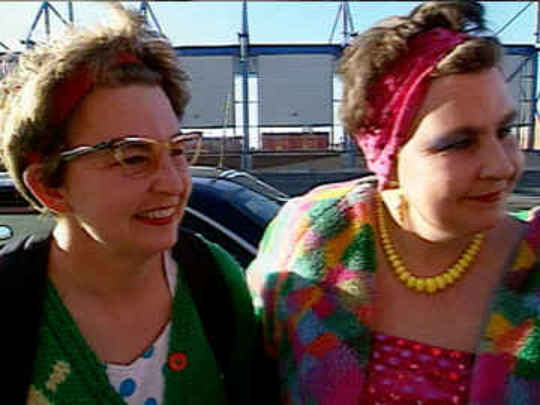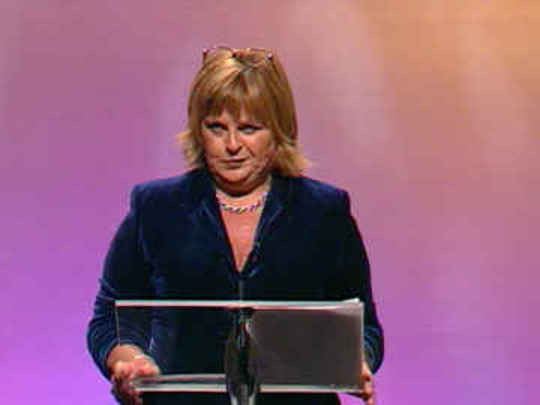Part one of four from this full length documentary (for viewers within New Zealand).
Part two of four from this full length documentary (for viewers within New Zealand).
Part three of four from this full length documentary (for viewers within New Zealand).
Part four of four from this full length documentary (for viewers within New Zealand).
The credits for this documentary.
Georgie Girl
Film (Full Length) – 2001
A perspective
Like Annie Goldson's previous film, Punitive Damage, Georgie Girl is a combination of politics and human drama. The idea for this documentary came about while she was watching television coverage of Beyer's election to parliament in 1999.
Goldson was struck not only by Georgina's personal charisma, but also by the unlikely alliance between a Māori transsexual who had previously been a drug user and sex worker, and a predominantly Pakeha rural community. While it seemed like such a quintessentially New Zealand story, it also made Goldson reflect on her personal preconceptions of rural communities.
Funding for the documentary was aided by the success of Punitive Damage, which won many international awards. Distribution rights were picked up in 2002 by the New York-based non-profit organisation Women Make Movies.
While Goldson has a strong interest in experimental film, the structure of this documentary is straightforward, linking archival footage and shots of Georgina at work with a succession of interviews.
As well as Georgina herself, the subjects include an array of colourful characters, including some of her die-hard Carterton supporters (Goldson attempted to include people from the opposing camp, but they weren't prepared to state their opinions on film).
The most famous New Zealand transsexual of them all, Carmen, features prominently. Recently elected prime minister Helen Clark also makes an appearance. The film's tone is warm and gently comedic - Georgina has a sparkling sense of humour and is a documentarian's dream interviewee; she's spontaneous, eloquent and always disarmingly candid.
Co-director Peter Wells has a long history with Georgina, as she played one of the leads in his half-hour television drama Jewel's Darl in 1985 (made as part of the About Face series). Excerpts from Jewel's Darl are included here, along with 1970s television clips that delved into the ‘twilight zone' of New Zealand cities.
Georgina shows up regularly in this footage, which is frequently interspersed with shots of rural life to exploit the contrasts. It's a lot of fun to watch Georgina in full showgirl drag, followed by shots of her shaking hands with the Queen of England.
Georgie Girl won many awards all over the world, and was a particular hit at queer film festivals. When it was broadcast on New Zealand television, it was purportedly watched by a third of the TV-watching population.
The films awards include: San Francisco International Lesbian & Gay Film Festival (Excellence in Documentary Award), Sydney International Film Festival (Audience Award for Best Documentary), Festival International de Filmes de Femmes, Creteil, France (Audience Award), queerDOC, Sydney (Audience Award), 7th International Festival of Gay and Lesbian Cinema of Madrid (Best Documentary), New Zealand Peace Awards (Best Film), Hawaii International Film Festival (Best Documentary), and Dallas Out Takes (Best Documentary).
